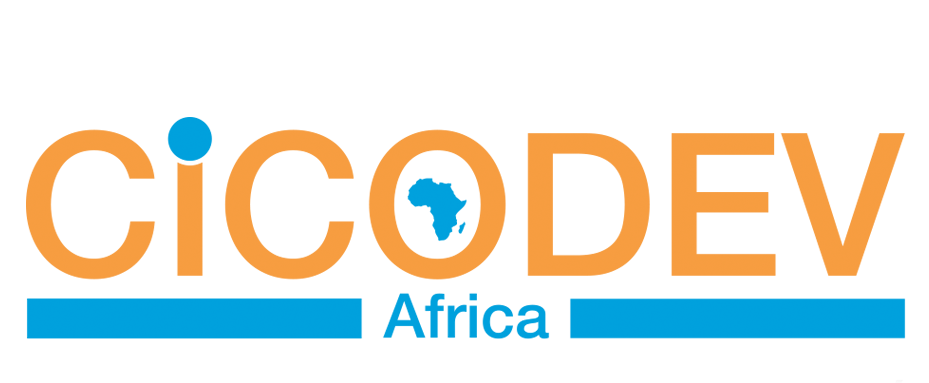Following Senegal’s example, several African countries have proven to have tremendous potential in the face of the COVID-19 crisis. From assembling robots to manufacturing hydro-alcoholic gel, making masks and using medicinal plants, African youth have unleashed their genius and achieved a string of successes. An adaptability that is on the verge of seducing the world.
As a civil society organization working to improve the living conditions of vulnerable groups, CICODEV has taken a militant stance in the battle against Coronavirus. The NGO encourages the promotion of creativity, local production and consumption in the health sector and the use of community-based approaches to address the COVID-19 crisis. It is within this framework that the NGO has initiated a vast campaign throughout the 14 regions of Senegal through its 16 focal points to train communities, equip them and to raise awareness on the stakes of the crisis and the measures to prevent the Coronavirus.
By producing visuals designed to address the issues involved in managing the pandemic, CICODEV supports initiatives such as the use of medicinal plants through botany, the production and use of locally produced protection and prevention tools and equipment, the banning of stigmatization, etc. The campaign is also aimed at raising awareness on the importance of the issue and the need to prevent the spread of Coronavirus through the production of visuals that will be used in the portraying the management possibilities of the pandemic. Khady Thiané NDOYE, CICODEV’s Program Manager for Sustainable Access to Healthy and Nutritious Food, explains that these activities are “real propellers of the national economy, involving a variety of actors engaged in the fight against the pandemic in a sustainable development perspective. We must take advantage of this crisis to identify opportunities and income-generating activities that provide jobs for young people.
According to the program manager, the call launched by CICODEV in its campaign to support local initiatives and solutions can be explained by the fact that “the organization’s role is to act as a driving force and to share innovative actions from communities that aim to break away from medical, food and technological dependency. The initiatives taken by these communities must be visible and encouraged so that appropriate support measures can be made available.” The idea is all the more relevant since CICODEV advocates, among other things, food sovereignty through regular and sustainable access by urban, peri-urban and rural consumers to healthy and nutritious staple foods.
“Products at fair prices, remunerative for the producer, accessible to consumers and obtained under sustainable conditions,” says Khady Thiané NDOYE. It calls for efficient support for solutions that come from the communities and aim to propose alternatives to ensure food sovereignty for the populations. This is a forward-looking position considering that the food and nutritional situation will be particularly difficult for a certain segment of the Senegalese and African population in need of immediate food and nutritional assistance during the hunger gap between June and August 2020.

